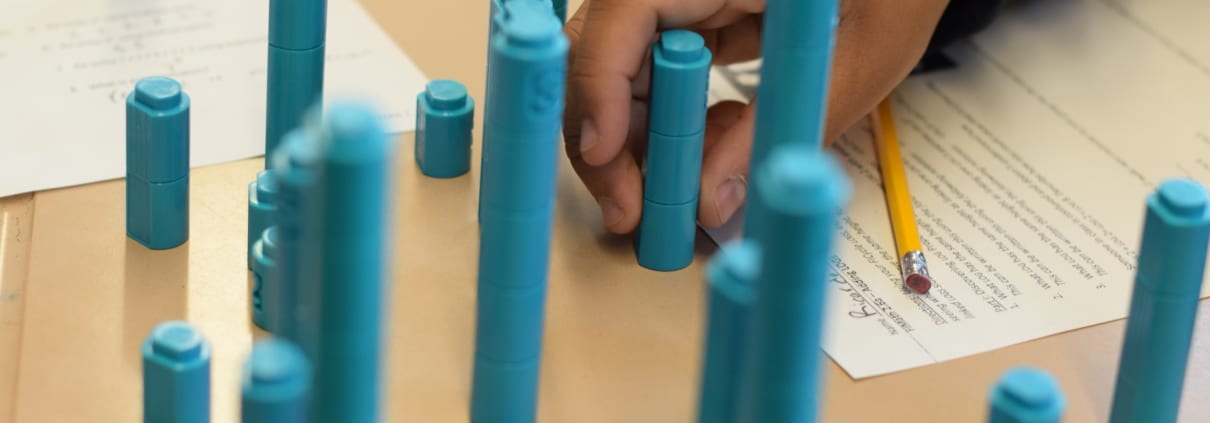Q&A: Teacher Erik Scott Brings Real-Life Experience to Teaching Mathematics and Finance
In our Q&A interview series, we have the opportunity to hear from high school math teachers across the U.S. whose students are experiencing success with the FiCycle curriculum. You’ll hear real success stories and classroom-level insights on the ways in which integrated mathematics and personal finance opens students’ minds to new ways of thinking, and enhances their engagement and achievement.
For the third interview in this series, we spoke with Erik Scott, a math teacher at Cache High School in Oklahoma. Erik teaches Statistics and Pre-Calculus to 11th and 12th graders as well as FiCycle Math. Erik shares his unique perspective on entering the teaching profession while providing specific takeaways from his experience with FiCycle.
The interview is edited and condensed for clarity, after being recorded as part of the FiCycle Podcast.
Question: Erik, you have an interesting and unique perspective as a teacher coming to the profession as your second career. Can you tell us a little bit about that and what motivates you as a teacher?
Erik: I finished a career with the Navy as a submariner for 21 years. It was a unique community that ingrained in us that we’re on a continuous learning journey, and we always approached our occupation with a questioning attitude. It emphasized that we’re really on this staircase of continual improvement. I had a great opportunity to work with young people in the Navy, and it provided a culture centered on the fabric of learning and asking questions.
I also worked for 12 years in the commercial industry and utilities. When I finished that career, I looked forward to getting into teaching, where I could again work with young people. It’s important to me to take the lessons learned from my careers to engage with students to prepare them for the next step in their lives.
Q: You’ve had a good amount of experience with young people teaching the FiCycle course as well as other sections of mathematics. What are some of the changes you’ve observed in your students since you’ve been teaching the FiCycle course?
Erik: One thing I’ve noticed with my students is that when we get into the workbooks and curriculum of FiCycle, it establishes a foundation for them to learn about growing wealth and what that means. Right away, this curriculum places the hook for students to say, “Hey, what’s in this for me?” We have a chance to talk about real-life scenarios presented in the workbook and the curriculum, and as we progress through the year, students learn about the math that contributes to our ability to grow wealth.
The students become very proficient at understanding the math behind what contributes to wealth growth and wealth loss. So they’re able to utilize their case scenarios or case studies presented in the curriculum. They work the problems, approaching them with whether it’s a good decision or a poor decision.
With the kids working in an independent portion of the class, I put them in consensus groups to share what they’ve learned and worked out. They discuss with one another their experiences or what they would do if presented with a similar situation.
Q: When you think about your students who’ve gone through the course, is there any particular student that stands out that was especially successful or engaged with FiCycle?
Erik: From the feedback I’ve received, I think all the students have been able to go on a journey with the FiCycle curriculum. When we started with the growth of wealth in creating budgets and making decisions as trade-offs to meet a goal or objective three months into the future – one student did stand out. He really enjoyed the scenario-based lessons and always wanted to go deeper. He indicated that he wished we could go back and talk through even more case studies that explore wealth management.
I told the student, “Hey, don’t worry, we’ve got another topic coming up, and we’re going to talk about mortgages, investing for the future or annuities, and see about those vehicles of investment.” This student happens to be helping his dad with renovating houses and flipping houses, so he’s able to see what his dad is experiencing in real life with that endeavor and learn all that goes into that experience in a formal classroom setting. He’s looking forward to working with his brother to join their dad in the further pursuit of the business.
It was interesting to me how he shared that experience and what his future will look like. He was able to utilize the FiCycle curriculum to learn a bit more about the specifics in math (for instance, the Rule of 72 and how it applies to wealth growth and the math involved). He represents one particular student whose engagement really stood out.
Q: Yes, the real-world relevance and how students can see the relation to their lives without necessarily needing to be told. It’s a natural part of what is happening in a student’s life, and they can see that connection and exactly how to use the knowledge of the course.
That’s really the essential foundation and something that helps make this a unique course by teaching mathematics and personal finance in a different way from your typical math or personal finance course.
Since the onset of teaching the FiCycle courses, is there anything you find most surprising that you didn’t necessarily expect when you started with this approach? Is there something you’ve learned as you’ve progressed?
Erik: I have noticed just how willing students are to share their personal experiences and ask questions regarding what’s happening to them in real life. In fact, I had one student who holds down a part-time job at a restaurant. Shortly into the course, he brought in his pay statement and came to me and said, “Hey, can you help me explain what these different boxes are?” We were able to talk right away about gross, net, taxes withheld, and things of that nature.
The relevance of the FiCycle course to what the students are actually living is one of the neat things that I personally enjoy. The age group I teach is on the cusp of going from living at home to stepping into the real world. That journey and the FiCycle curriculum provide me gratification. What we’re teaching here at Cache High School and presenting to the student is relevant to what they will experience in their next step in life.
Q: What would be your message to other educators who haven’t yet tried the FiCycle approach?
Erik: I would encourage math teachers to give the FiCycle curriculum a try if they have an opportunity. They will really enjoy the engagement with their students. It affords the teacher a neat opportunity to take their experiences from early on when they were students and carry it through to where they’re currently at in their lives. It gives them the ability to take what they’ve learned for the subject area in their teaching and apply it to very real-life experiences.
Teachers will find alertness and engagement as the students anticipate what’s around the bend with the next subjects presented in FiCycle. The curriculum covers a wide array of what the students will be experiencing in the very near future.
Listen to the full interview at https://ficycle.org/podcast or get started today by downloading free lessons for your classroom. You can also contact the FiCycle team to learn more about the full curriculum.




